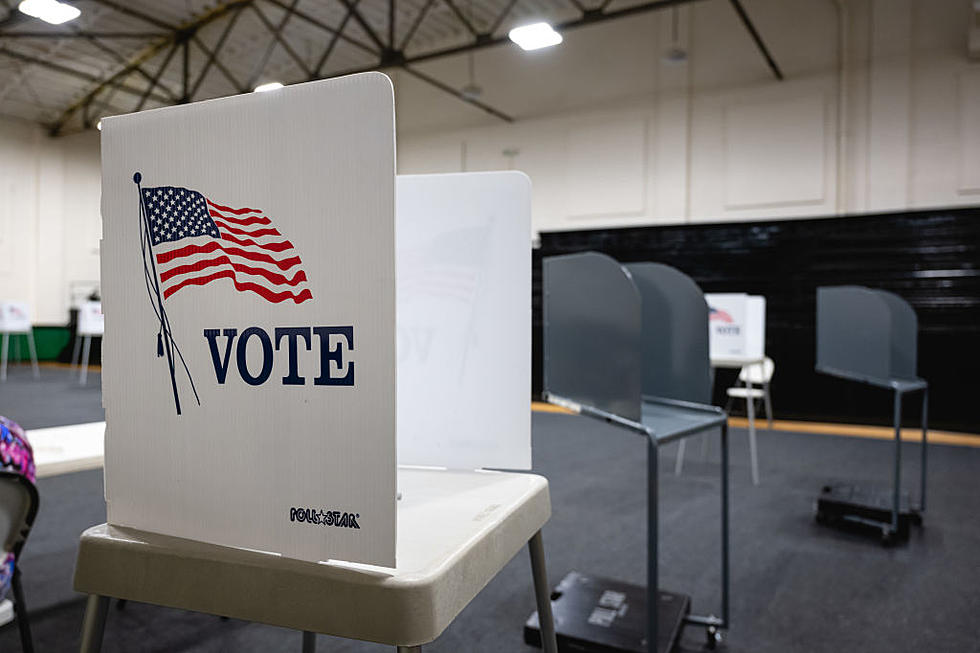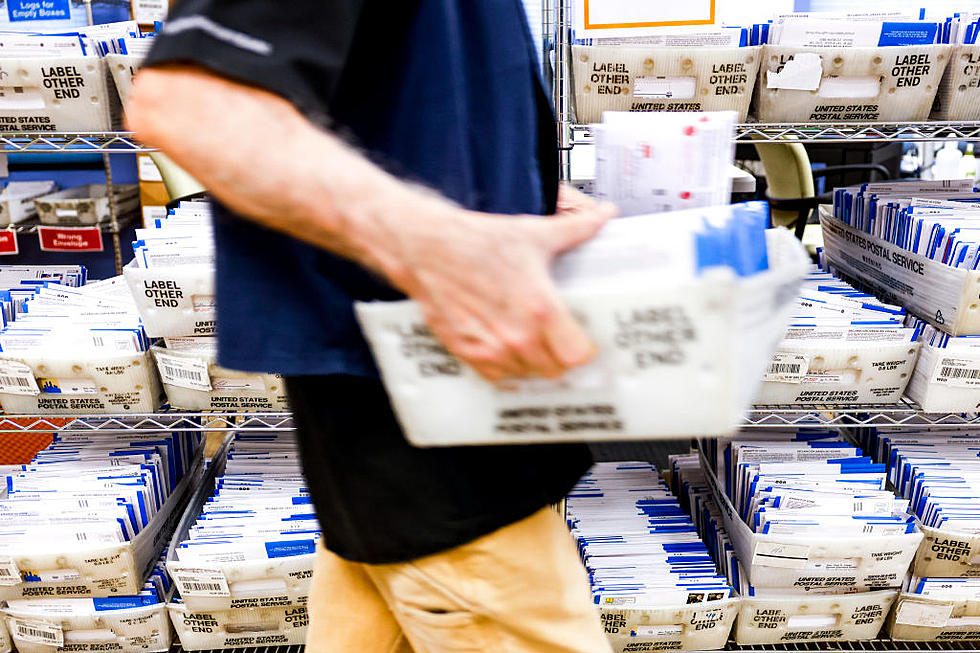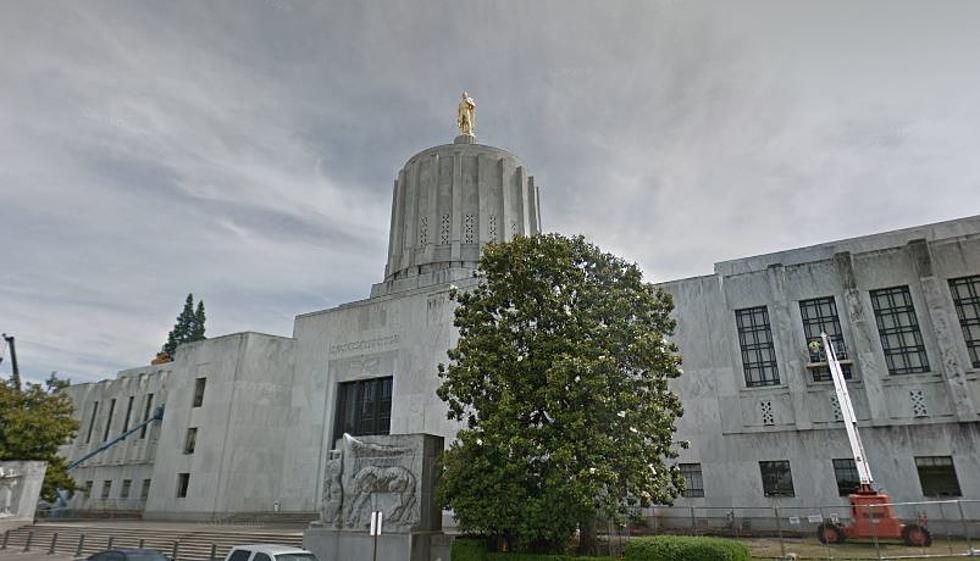
Voter I.D. Laws & Why Liberals Hate Them
One of the hottest issues this year is voter fraud. Why are liberals so against voter I.D. and verification programs?
States have been faced with the exploding problem of voter fraud and have been passing various bills to require photo identification, a drivers license, or other proof that they are U.S. citizens and eligible to cast a ballot. But federal judges have been battling with states over control of the process. In September, judges struck down voter I.D. laws in Texas, Virginia, and Ohio. Pennsylvania is arguing its law before the Supreme Court, and similar battles are taking place in other states.
Some of the most common forms of voter fraud include hundreds -- if not thousands -- of deceased voters still on voter rolls; felons and others convicted of serious crimes casting ballots (felons aren't allowed); illegal immigrants voting; as well as multi-state voting where people cast a ballot in Ohio and then go to another state nearby and cast another ballot. This is mostly found in national elections.
Numerous liberal organizations have been linked to voter fraud, most notably ACORN. In Chicago in 2002, dozens of senior citizens applied for absentee ballots and discovered the man who helped them register had already filled them out! According to the Chicago Sun Times, the man told the people it was OK since they were voting Democrat anyway!
Why is voter fraud becoming an epidemic in many areas, and why are liberal court judges fighting back against the states?
Especially in close elections, liberal groups need the votes of people who are dependent upon the government -- those receiving significant amounts of public assistance are often less likely to worry about fraud. This is why many of these "voter registration groups" like ACORN signed up street-corner hobos by offering them beer and cigarettes, then filled out voter registration cards with the same name as many as 50 times, and have even bussed hundreds of people into areas where they were not registered -- all to tip the ballot box in their favor.
All too often, liberal-leaning judges side with these activist groups who claim I.D. laws discriminate against poor people, and minorities-illegals.
Officials in Texas, Ohio, and South Carolina have noted I.D. laws actually increase participation (from the Christian Science Monitor):
"The science on voter ID laws, however, is far from settled, as officials in South Carolina, Pennsylvania, and Texas have argued. They have pointed to a Georgia voter ID law that took effect in 2005, where the immediate impact was that higher percentages of minorities voted in 2008 and 2010 than before the law was enacted. Other studies have found that minority voter participation falls off slightly immediately after new rules take effect, and then bounces back and in some cases even increases."
We in Washington State know first-hand the effects voter fraud can have. Governor Gregoire won her second term, critics say, in part because the closest gubernatorial election in U.S. history (less than 150 votes) was influenced by fraud committed by ACORN. After two recounts of the state-wide vote, challenger Dino Rossi chose not to take the matter to court and contest it further. It was only months later that state officials discovered the true scope of the voter fraud, and due to the incredibly close count, it was determined the fraud could, and probably did, result in Gregoire getting another term.
More From 870 AM KFLD









